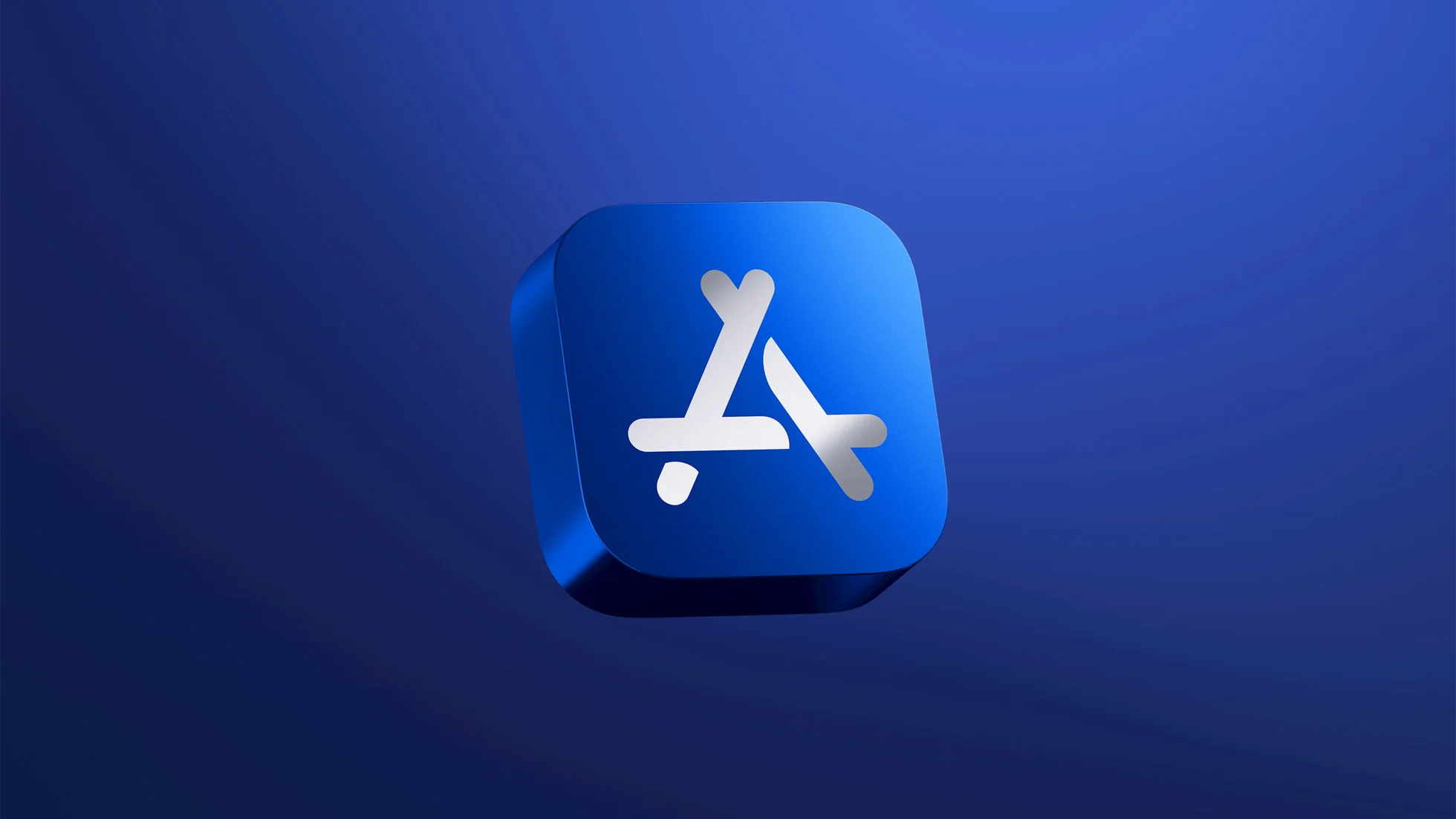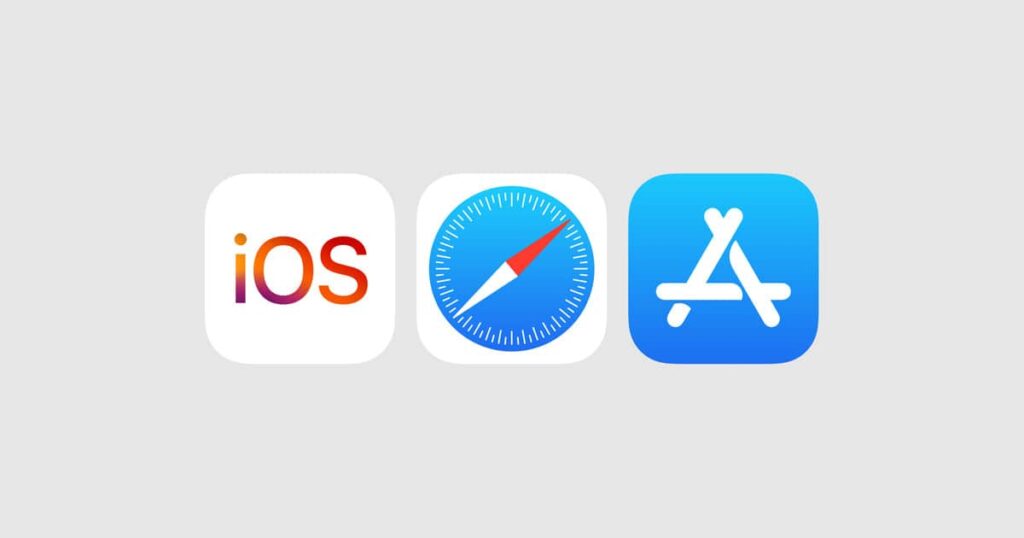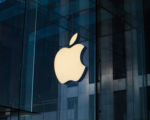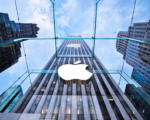Apple’s Stance in the EU: Restricting Third-Party App Stores and App Sideloading on iPad, Reveals Report

Distinct Ecosystems: iPadOS to Differ from iOS, Excluding Support for Third-Party App Markets and Browser Engines
Apple is gearing up for significant changes in how apps are distributed on its smartphones, aligning with the impending regulations set by the European Union’s Digital Markets Act. With a March 6 deadline looming, the iPhone manufacturer is adjusting its approach to app distribution on iOS. In a notable move, Apple intends to grant users in the EU the ability to install apps from third-party marketplaces, deviating from its historically closed ecosystem. However, this liberalization will be exclusive to iOS, leaving customers on iPadOS, tvOS, and watchOS reliant on the App Store for their app downloads.
The recent revelations indicate that Apple is introducing various alterations in the upcoming iOS 17.4 update. These include support for alternative app marketplaces on iPhones, app notarization for enhanced user safety, backing for third-party browser engines, and expanded access to Near Field Communication (NFC) technology for a broader range of apps.
Despite these sweeping changes, it’s important to note that these modifications are confined to the iOS ecosystem, as reported by MacRumors. Consequently, the user experience across different Apple devices will exhibit variations.
The EU’s Digital Markets Act mandates Apple to open up iOS for third-party app stores, marking a departure from its traditional closed system. However, it’s crucial to highlight that these regulations do not extend to iPadOS, which operates as a distinct operating system.

As a consequence, the forthcoming changes related to sideloading and alternative app sources will not be applicable to iPad owners. For users on iPads, the App Store will continue to be the primary source for obtaining applications, underscoring the nuanced distinctions between Apple’s various operating systems in response to regulatory mandates.
While app sideloading and third-party marketplaces aren’t coming to the iPad, Firefox Mozilla has highlighted another issue with Apple’s changes before the DMA deadline. As part of the DMA, Apple will allow browsers like Firefox and Chrome to use their own engines — they were previously using Safari’s WebKit engine — but these changes will remain limited to iOS. Mozilla told The Verge that the non-profit would need to develop one version of Firefox with its own engine, and one with Safari’s engine for iPad users in the EU.
iOS 17.4 is also expected to bring one more change related to the DMA — access to NFC hardware for third party apps. Until now, only Apple Pay supported contactless payments on an iPhone, but this is set to change in the EU. Users will soon be able to set third-party apps as the default for making contactless payments, via the phone’s NFC technology. This change will also be limited to iOS, and will be accessible in the EU, just like the other changes being introduced by the company.




















